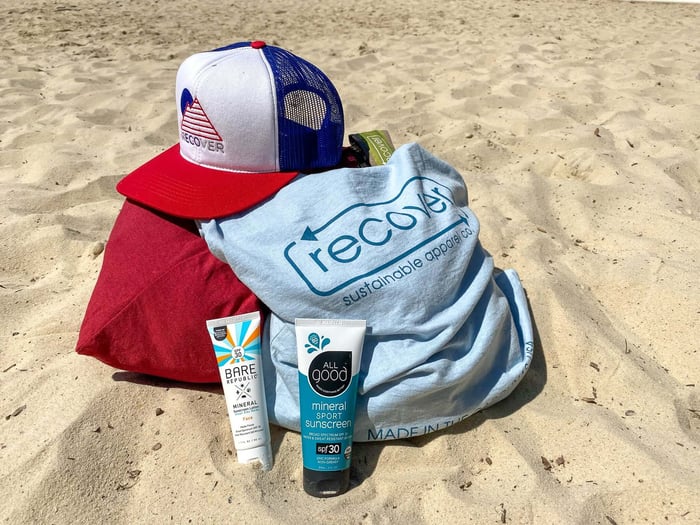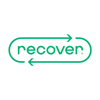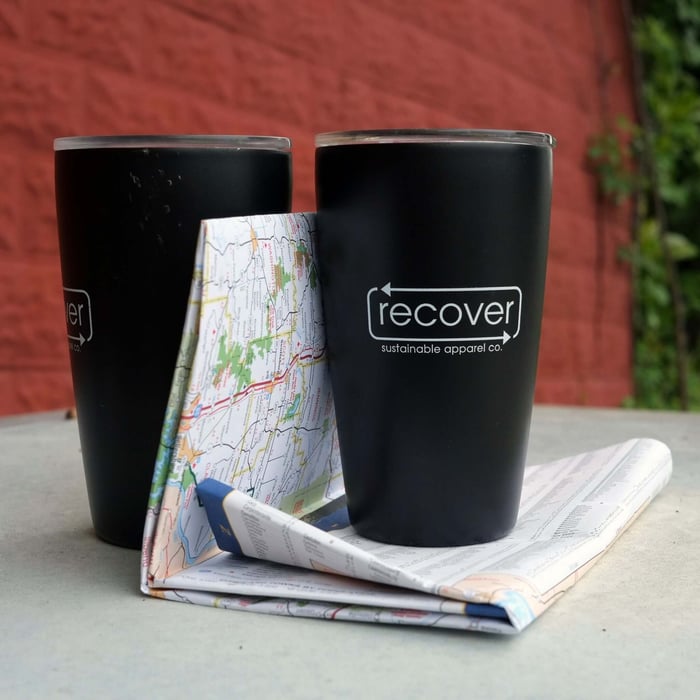It’s hard to beat going to the beach in the heat of summer. Grabbing a snorkel mask, taking a dip, and swimming through the marvels of underwater worlds is the icing on the cake of a beach-vacay, but more and more those underwater worlds are at risk of degeneration and extinction.

Coral reefs make up less than 1% of the ocean, but they provide a home for approximately 25% of marine life, including over 4,000 species of fish. Despite common perception that coral is a rock or plant, corals are actually animals that have tiny-tentacle like arms that they use to catch food from the water, and then feed through inscrutable mouths. There are over 6,000 known species of coral worldwide and while many thrive in the shallow, tropical waters they are known for, some flourish in temperatures as low as 4℃ and at depths below 2,000 meters. Before COVID-19, approximately 71 million people visited destinations to see coral reefs annually, making them a huge driver of local economies. They are also noted to be significantly connected to human food sources. It is estimated that 500 million people around the world rely on eating fish that call coral reefs home. So -simply put- coral reefs are beyond impressive and important in today’s world.
They are truly extraordinary, but despite their importance and wonder, they are facing significant threats. One of the largest threats to coral reefs are the warming waters caused by climate change. Other primary threats to coral reefs are pollution (from big industry to the cumulative effect of individuals’ non-reef safe sunscreens and soaps), overfishing, destructive fishing methods such as use of dynamite and cyanide, collecting live coral for souvenir markets, and mining coral for building materials. Getting back to the beach this summer is the perfect time to dive into sustainability tips for our world’s oceans and coral reefs- it’s simple and easy...

Here’s what you can do to help save coral reefs:
This is huge, and so worth it! Some chemicals in conventional sunscreen have been linked to damage to coral reefs. A reef-safe sunscreen is a sunscreen free of chemical ingredients, known to damage and potentially kill coral reefs in the oceans, which, to date are: oxybenzone, octinoxate, octocrylene, homosalate, 4-methylbenzylidene camphor, PABA, Parabens, triclosan, any nanoparticles or “nano-sized” zinc or titanium (if it doesn’t explicitly say “micro-sized” or “non-nano” and it can rub in, it’s probably nano-sized), and any form of microplastic, such as exfoliating beads. Look for sunscreens that are labeled “Reef-Safe” but also look at the ingredient lists, as the labeling “Reef-Safe” is not certified or regulated, so there are false claims out there. To be rightly “Reef-Safe,” sunscreen needs to contain non-nano particles, meaning that the particles in the sunscreen must be larger than 100 nanometers, otherwise the coral reef will absorb it regardless of content. This is why mineral-based sunscreens are usually a sure bet for reef-safe, and any aerosol sunscreens are a definite not reef-safe. For more in-depth information and recommendations on reef-safe sunscreens, check out the following articles: “Reef-Safe Sunscreen Guide” and “Reef-Safe Sunscreen: Everything you need to know before your next beach trip”.
Avoid damaging reefs by using sustainable, eco-friendly, and reef-safe soaps and shampoos. Even if you are using these items at your beach basecamp house, coastal city and town water systems typically drain into the ocean and chemicals in soaps and shampoos affect the aquatic ecosystem.
Pack reusable bags, silverware, and plates, and set yourself up for a plastic-free beach vacay. Plastic litters beaches from near and far, so taking action to eliminate single-use plastic at the beach is a great way to make a difference.
Interaction with humans can damage or kill coral reefs. Remember, coral are animals! Treat them with care and enjoy looking but not touching as you swim in their wonder. Avoid stirring up sediment while you swim if you can, as sediment can create disease spread.
Don’t feed the fish. Scientists note that this disturbs their natural defenses and habits, and can incentivize fish to leave empty nests, which makes young fish more susceptible to being eaten by predators. Enjoy admiring the fish from a distance, and let them do their thing!
If you are booking a dive or snorkel trip, make sure it is with a certified Green Fins member. Green Fins is an initiative in partnership with the UN Environment Program whose members adhere to 15 environmental practices designed to protect coral reefs and marine life.
Even empty shells play a key role in marine ecosystems so avoid buying or taking anything living or dead from the ocean. As the saying goes, “Take nothing but pictures and leave nothing but bubbles.”
Happy Summer!











